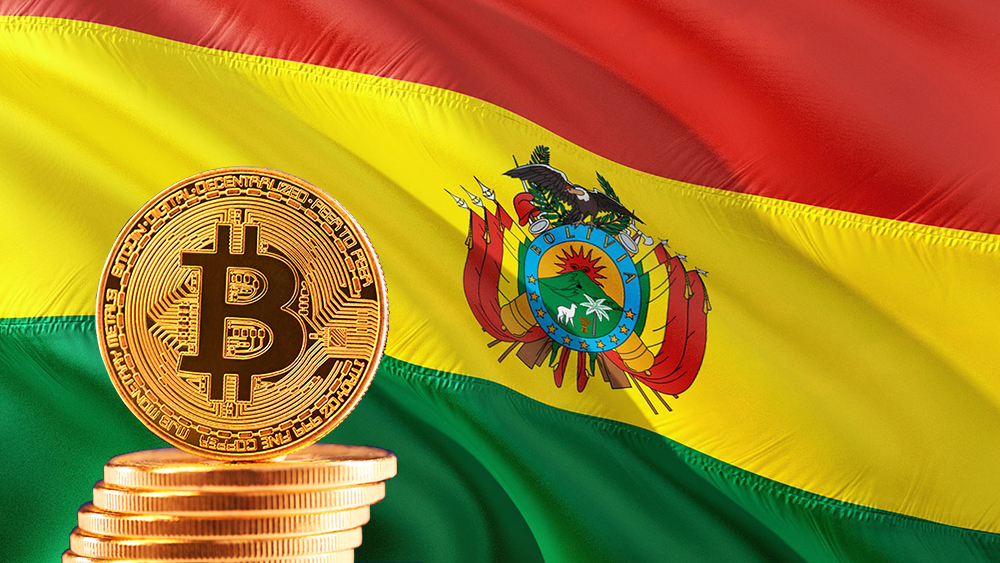RIO DE JANEIRO, BRAZIL – Crypto-assets are banned in Bolivia to prevent “potential losses” among operators and holders; however, some sectors consider that this measure leaves the country “lagging behind” in the digitalization of its economy.
The Central Bank of Bolivia (BCB) ratified the prohibition of the “use, commercialization, and negotiation of crypto-assets” earlier this year.
The determination establishes that the use of crypto-assets involves “potential risks” such as economic losses that may affect their operators or holders, so, in addition to the prohibition, the public is protected “from risks, deception, and scams”.

The legal framework invoked by the BCB is the 2009 Constitution and the Financial Services Law in force since 2013, so there is neither registry of people using this mechanism nor are there ATMs operating with cryptocurrencies in the country.
GAP IN THE ECONOMY
The former director of the BCB, José Gabriel Espinoza, said that this determination “makes Bolivia lag far behind in the digitalization of its economy” when the “elimination of cash (…) is a trend” worldwide.
Espinoza pointed out that while it is true that the restriction avoids adverse effects due to the “high volatility” of crypto-assets, it should also be considered that “the capacity of control and technology” to comply with the legal framework prohibiting their use is “very scarce”.
In addition, some factors can stimulate the use of cryptocurrencies, such as a growing young population adapted to technology and the country’s urbanization, as well as difficulties such as the lack of legal certainty, inadequate financial education, and the obvious technological gap.
Some sectors of the Bolivian economy, mostly belonging to the informal sector, have chosen to accumulate value with this type of instrument.
Therefore, he considers that this prohibition “leaves many users still operating with these currencies in defenselessness”.
ECONOMIC SOVEREIGNTY
An element that underpins the restriction to blockchain technologies is the “Bolivianization” of the economy, i.e., the incentives for economic transactions to be carried out in local currency, which has meant that there has been a fixed exchange rate and controlled prices for several years.
What distinguishes the Bolivian position from that of countries such as Chile, Argentina, Brazil, and Venezuela that allow such transactions is the condition of “economic sovereignty” and that contrasts with the different “coexistence” with other currencies in addition to financial development, Espinoza pointed out.
However, he stressed that between prohibition and permissiveness regarding cryptocurrencies, “there is a process in the middle” that consists of developing “cashless economies” to take a step towards using electronic currency and establishing electronic monetary policies.
First, there is “the opening or transition towards an electronic monetary policy where money is dematerialized” and then “the development of technical skills within monetary entities”, the economist mentioned.
Espinoza regretted that it seems, however, that the prohibition has been reached as a ceiling since “from that point on there is no further development of the new monetary policy”.
He considers that it is “necessary to put this issue under discussion” when crypto-assets are mainly used as reserve value assets.
With information from EFE

